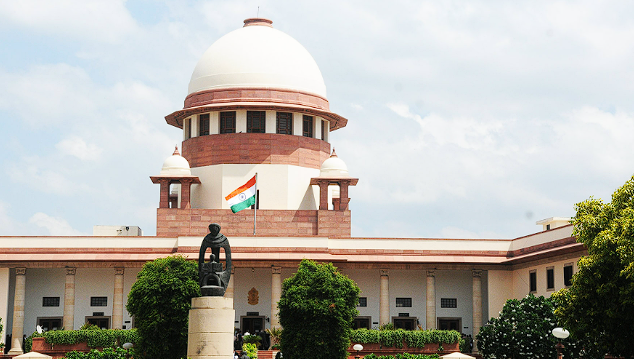E-commerce Giants Face Legal Challenges in India
The ongoing legal battle involving e-commerce giants Amazon and Flipkart has escalated . The Supreme Court of India recently transferred all petitions regarding alleged anti-competitive practices by these companies to the Karnataka High Court. This decision follows a lengthy investigation initiated by the Competition Commission of India (CCI) in response to complaints from small traders. The case has raised serious questions about the practices of major online marketplaces and their impact on competition.
Background of the Case
The controversy dates back to 2019 when the Delhi Vyapar Mahasangh, representing small traders, filed a complaint against Amazon and Flipkart. The traders accused these platforms of favouring select sellers through deep discounting and exclusive arrangements. The CCI launched an investigation in January 2020, which culminated in a report in August 2023, outlining various anti-competitive practices.
Allegations Against Amazon and Flipkart
The CCI’s investigation revealed several concerning practices. Firstly, the companies were found to engage in preferential listing, giving priority to specific sellers with whom they had business arrangements. Secondly, exclusive product launches for major smartphone brands were observed, disadvantaging smaller sellers. Thirdly, deep discounting practices were identified, which led to an ecosystem where only preferred sellers could thrive. Lastly, the CCI noted that search results were manipulated to favour these sellers.
Legal Proceedings and Challenges
Amazon and Flipkart have consistently denied any wrongdoing, challenging the CCI’s findings in various courts. They argue that the CCI lacks sufficient evidence to support its claims. In response, vendors on these platforms have filed multiple lawsuits across different high courts, further complicating the legal landscape. The Supreme Court’s recent decision to consolidate these cases aims to streamline the proceedings.
Supreme Court’s Directive
On Monday, the Supreme Court directed that all related petitions be heard by a single-judge bench of the Karnataka High Court. This decision followed an agreement between the CCI and the e-commerce sellers to transfer the cases, given that the Karnataka High Court was already handling some aspects of the matter. The Supreme Court emphasised the need for an expedited hearing, with the next session scheduled for 15 January.
Forum Shopping Allegations
During the hearings, accusations of “forum shopping” emerged. The CCI alleged that Amazon and Flipkart were using their sellers to challenge the investigation by filing petitions in various jurisdictions. This practice involves choosing a court that is likely to yield a favourable outcome. The CCI sought to centralise all petitions in the Delhi High Court, but the Supreme Court rejected this proposal to avoid setting a dangerous precedent.
- Delhi Vyapar Mahasangh is a traders’ body linked to CAIT.
- CCI stands for Competition Commission of India.
- Forum shopping refers to selecting a court for a favourable ruling.
- The term “deep discounting” describes price reductions.
- Exclusive product launches can harm competition in retail.
Implications for E-commerce Regulation
The ongoing case against Amazon and Flipkart has broader implications for e-commerce regulation in India. The findings of the CCI raise essential questions about the fairness of competition in the online marketplace. The outcome of this legal battle could potentially reshape the landscape for e-commerce companies operating in India and influence future regulatory policies.
Month: Current Affairs - January, 2025
Category: Legal & Constitution Current Affairs






